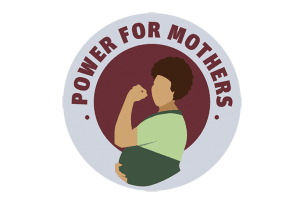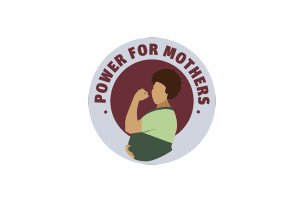
Did You Know?
The Women Deliver Conference is a world renown symposium that draws a global audience together to discuss gender equality and the health, rights, and wellbeing of women. As an organization actively fighting for the health of women and children around the world, Vitamin Angels was thrilled to be a co-sponsor of the #PowerforMothers side event at the conference.
Kristen Hurley, Vitamin Angels Director of Programs, served as moderator and facilitated a compelling discussion about the global health problem of maternal undernutrition and the opportunity to improve the health of mothers and children through multiple micronutrient supplementation (MMS) during pregnancy. Event panelists included: Danielle Porfido, 1,000 Days; Joanna Mikulski, CIFF; Robert Black, The Johns Hopkins Bloomberg School of Public Health; Parul Christian, Bill and Melinda Gates Foundation; Emily Smith, Bill and Melinda Gates Foundation; Lenore Spies, KwaZula-Natal Department of Health, Spencer Kirk, Kirk Humanitarian; Klaus Kraemer, Sight and Life.
The event brought together leaders in the global public health community, decision-makers, civil society, and donors to explore the need, evidence, progress, and the path forward for MMS.
Currently, The World Health Organization (WHO) recommends Iron-Folic Acid (IFA) as the current standard of care for pregnant women, despite the additional health benefits of taking MMS over IFA. Compelling evidence has shown that taking the more comprehensive MMS (containing 15 essential vitamins and minerals) during pregnancy reduces the risk for maternal anemia, low birthweight and being born small for gestational age. Anemic and underweight women benefit even more from MMS and have a reduced risk for infant mortality and pre-term births compared with supplementation with IFA alone. Furthermore, research shows that MMS significantly improves the survival of female neonates above and beyond IFA supplementation alone, presenting an opportunity to invigorate maternal nutrition by putting women at the center of antenatal care.
Given the research, providing MMS to pregnant women is critical for maternal and fetal health. However, simply providing MMS does not solve the global problem of maternal undernutrition. Instead, working alongside countries to support policy change, develop monitoring, evaluation, and system strengthening are each essential to improving the long-term quality of antenatal services available to women. UNICEF and Vitamin Angels are each conducting implementation research in a select number of countries in an effort to inform effective implementation and scale-up of MMS along with other antenatal nutrition interventions. At the highest level, this implementation research will advocate for and underscore the importance of high-quality antenatal care as a basic right for pregnant women worldwide.
Related Content

Public health nutrition professionals at Vitamin Angels, 1,000 Days, Sight & Life and Children’s Investment Fund (CIFF) will address the global problem of maternal undernutrition and the case for multiple micronutrient supplementation (MMS) during pregnancy at the 2019 Women Deliver conference in Vancouver, Canada.

Kristen Hurley, Program Director at Vitamin Angels, will moderate an enlightening discussion on MMS with Robert Black of Johns Hopkins University Bloomberg School of Public Health, Spencer Kirk of Kirk Humanitarian, Lenore Spies from the KwaZulu-Natal Department of Health, Klaus Kraemer of Sight and Life, as well as representatives from 1,000 Days, Bill & Melinda Gates Foundation and Children’s Investment Fund Foundation.

Article about the controversy of vitamin A supplementation to improve child health and reduce malnutrition.
Make a Monthly Commitment

